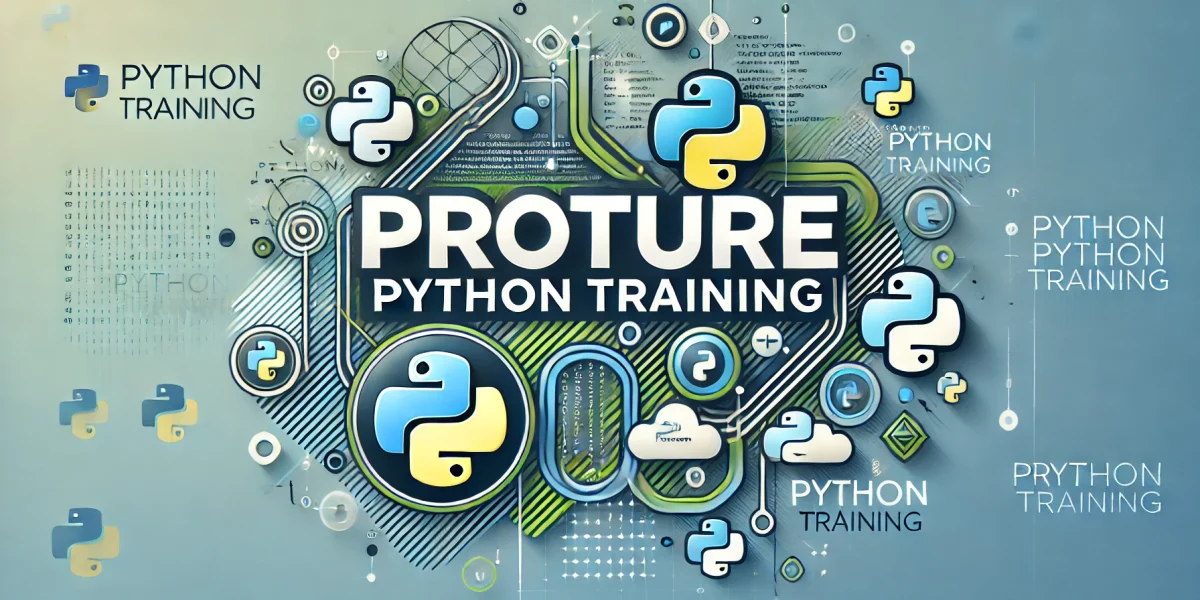Master Python: The Ultimate Guide to Kickstart Your Programming Journey
Python is one of the most popular and versatile programming languages in the world today. Whether you’re a complete beginner or an experienced developer looking to expand your skill set, Python is the ideal language to start your programming journey. In this guide, we’ll explore why Python is such a powerful tool, and how you can master it to open doors to endless possibilities in the tech world.
Why Python?
Python stands out for its simplicity, readability, and wide range of applications. Here’s why you should learn Python:
- Easy to Learn: Python’s syntax closely resembles natural language, making it beginner-friendly. Unlike other programming languages that have complex syntaxes, Python allows you to focus on learning programming concepts without getting bogged down by intricate rules.
- Versatility: Python is used in various fields, including web development, data analysis, artificial intelligence (AI), machine learning (ML), automation, and more. Its vast library ecosystem makes it adaptable to almost any project.
- Large Community: Python has one of the largest programming communities, which means ample support, tutorials, and resources are available. Whether you’re stuck on a bug or need advice on best practices, the Python community is always ready to help.
Key Concepts to Master
Before diving into Python, it’s important to understand some foundational concepts. Here’s a breakdown of what you should learn:
Python Basics:
Variables and Data Types: Understand how to work with different data types such as integers, strings, lists, and dictionaries.
Operators and Expressions: Learn how to perform mathematical and logical operations in Python.
Control Structures: Master conditional statements (if-else) and loops (for, while) to control the flow of your program.
Functions and Modules:
Learn how to define functions to organize and reuse code.
Get comfortable with importing and using Python modules to extend the functionality of your programs.
Object-Oriented Programming (OOP):
Understand the concepts of classes and objects, which are crucial for structuring larger and more complex applications.
Error Handling:
Learn how to handle exceptions and errors gracefully to ensure your programs run smoothly.
Libraries and Frameworks:
Dive into popular Python libraries like NumPy, Pandas (for data science), Flask, and Django (for web development) to explore Python’s potential in various domains.
How to Start Learning Python
Learning Python is a step-by-step process. Here’s a roadmap to guide you:
Start with Basics: Begin by learning basic syntax, data types, and control structures. Websites like Codecademy, W3Schools, and freeCodeCamp offer interactive tutorials to help you get started.
Work on Simple Projects: Apply what you learn by building small projects like a calculator, a to-do list app, or a simple game. This will help reinforce your understanding and give you hands-on experience.
Master Advanced Topics: Once you’re comfortable with the basics, move on to more advanced topics like object-oriented programming, file handling, and working with APIs.
Join a Community: Engage with online Python communities like Stack Overflow, Reddit (r/learnpython), and Python Discord servers. Sharing knowledge, asking questions, and learning from others will speed up your learning process.
Explore Libraries and Frameworks: Depending on your area of interest (web development, data science, machine learning, etc.), start learning the relevant libraries and frameworks. For example, if you’re interested in web development, dive into Flask or Django. If you’re into data science, explore NumPy and Pandas.
Best Resources to Learn Python
Interactive Platforms: Codecademy, freeCodeCamp, and W3Schools offer interactive Python tutorials.
Books: “Python Crash Course” by Eric Matthes and “Automate the Boring Stuff with Python” by Al Sweigart are fantastic books for beginners.
Online Courses: Udemy, Coursera, and edX provide high-quality Python courses for all levels.
Communities: Join Stack Overflow, Reddit’s r/learnpython, or Python-related Discord servers to connect with fellow learners and developers.
Conclusion
Mastering Python opens up endless possibilities, whether you’re looking to build web applications, analyze data, or automate tasks. By following a structured learning path and consistently practicing your skills, you’ll be well on your way to becoming a Python pro. Start small, build your projects, and don’t hesitate to ask for help from the vibrant Python community. Happy coding!

